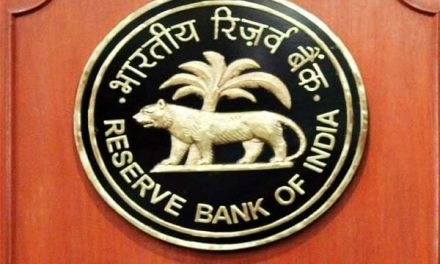U.S. President Joe Biden on Monday signed an order imposing new vaccine requirements for most foreign national air travelers and lifting severe travel restrictions on China, India, and much of Europe effective Nov. 8, the White House said.
In two weeks, most people traveling to the U.S. from overseas will have to provide proof of vaccination. It’s all part of the reopening of international travel that had been shut down for more than a year. NPR White House correspondent Tamara Keith has new details.
TAMARA KEITH, BYLINE: The White House announced the travel policy last month, but today they’re out with new details about just how the vaccination requirement will work for air travel starting November 8. Here are the top lines. The vaccination requirement applies to foreign nationals visiting the U.S. for business or pleasure. They’ll have to show proof to their airline – a paper vaccine card or digital proof of vaccination along with a negative COVID test. Kids under 18 don’t have to show proof of vaccination, but they do have to get tested. That’s because vaccines aren’t widely available for children in most parts of the world.
The extraordinary U.S. travel restrictions were first imposed in early 2020 to address the spread of COVID-19. The rules bar most non-U.S. citizens who within the last 14 days have been in Britain, the 26 Schengen countries in Europe without border controls, Ireland, China, India, South Africa, Iran, and Brazil.
The Biden administration also detailed requirements airlines must follow to confirm foreign travelers have been vaccinated before boarding U.S.-bound flights.
The U.S. Centers for Disease Control and Prevention (CDC) issued on Monday new contact tracing rules requiring airlines to collect information from international air passengers like phone numbers, email and U.S. addresses and retain it for 30 days in case it needed “to follow up with travelers who have been exposed to COVID-19 variants or other pathogens.”











